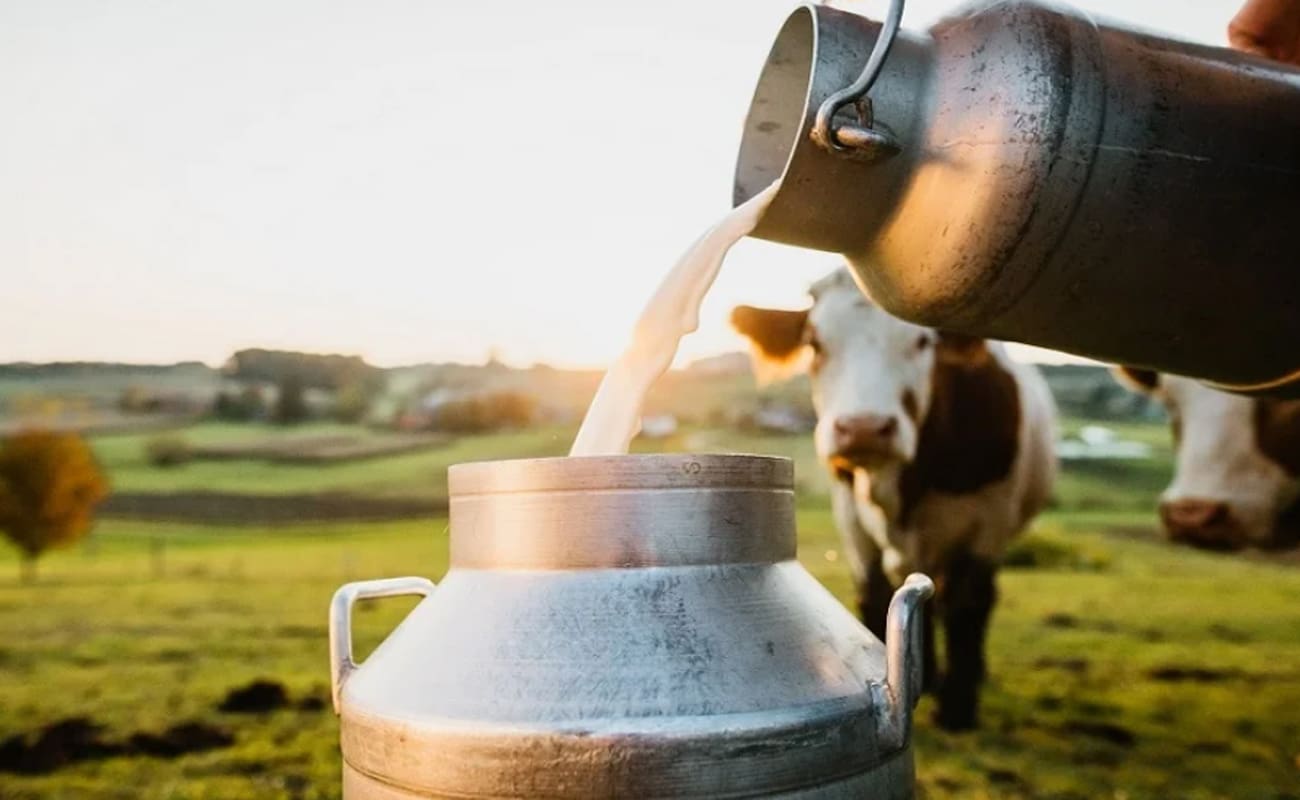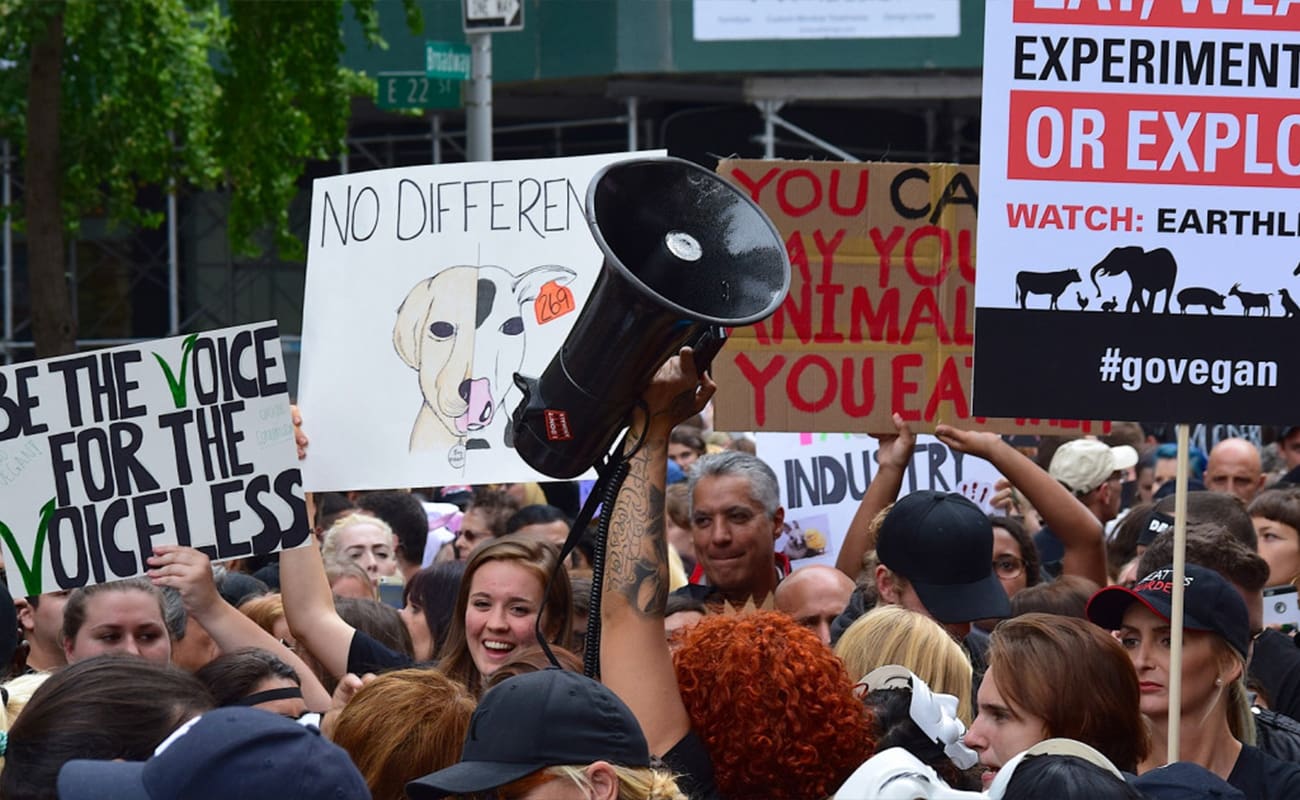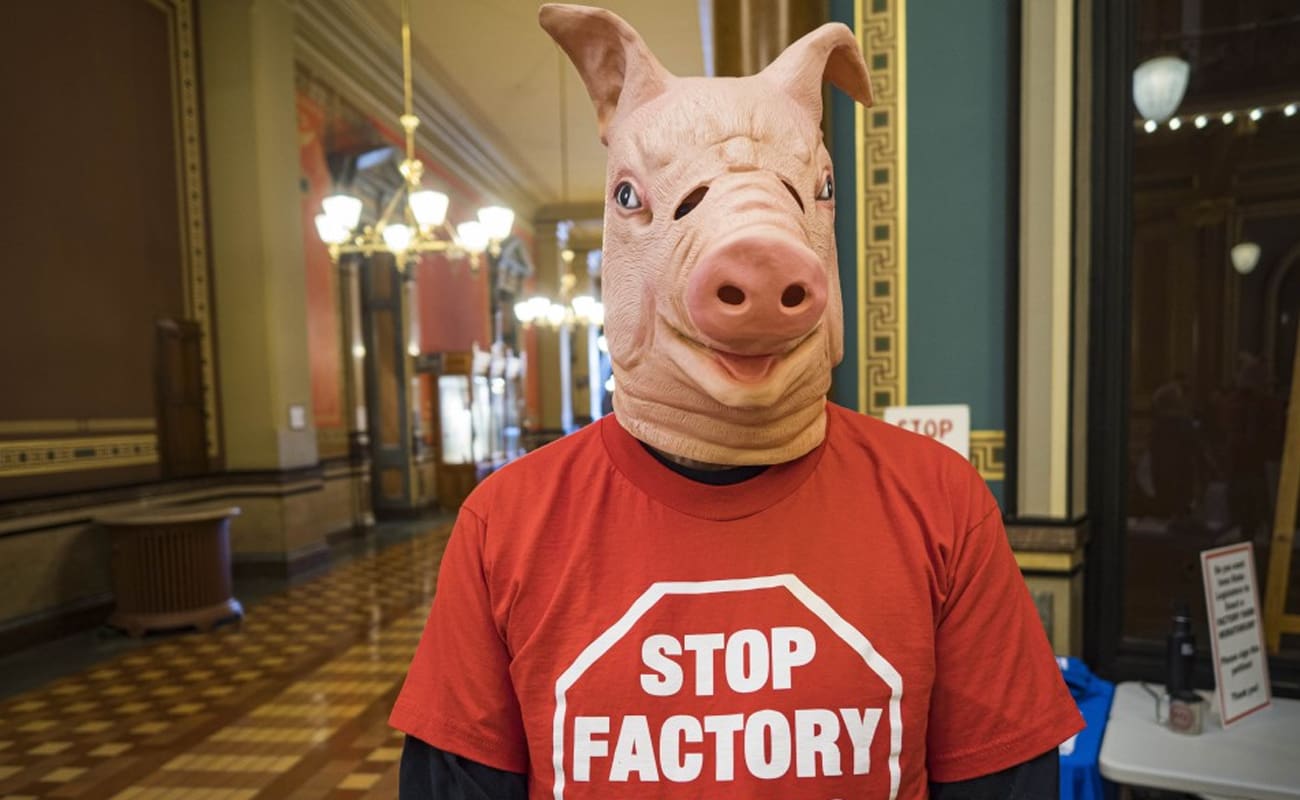This category examines how animals—feeling, thinking beings—are affected by the systems we build and the beliefs we uphold. Across industries and cultures, animals are treated not as individuals, but as units of production, entertainment, or research. Their emotional lives are ignored, their voices silenced. Through this section, we begin to unlearn those assumptions and rediscover animals as sentient lives: capable of affection, suffering, curiosity, and connection. It’s a reintroduction to the ones we’ve learned not to see.
The subcategories within this section provide a multi-layered view of how harm is normalized and institutionalized. Animal Sentience challenges us to recognize the inner lives of animals and the science that supports it. Animal Welfare and Rights questions our moral frameworks and highlights movements for reform and liberation. Factory Farming exposes one of the most brutal systems of mass animal exploitation—where efficiency overrides empathy. In Issues, we trace the many forms of cruelty embedded in human practices—from cages and chains to lab tests and slaughterhouses—revealing how deeply these injustices run.
Yet the purpose of this section is not only to expose cruelty—but to open a path toward compassion, responsibility, and change. When we acknowledge the sentience of animals and the systems that harm them, we also gain the power to choose differently. It’s an invitation to shift our perspective—from dominance to respect, from harm to harmony.
In this article, we will shed light on the ethical, environmental, and health implications of supporting an industry that relies on animal exploitation for food production. It is important to understand the impact of our dietary choices and consider more sustainable and compassionate alternatives. Let's delve into the unmasking of the dairy and meat industry. The Impact of the Dairy and Meat Industry on Animal Welfare Factory farming practices in the dairy and meat industry often prioritize profit over animal welfare, leading to cramped and unsanitary conditions for animals. Animals are frequently confined in small spaces, unable to engage in natural behaviors, such as grazing or socializing. These conditions can cause distress and increased susceptibility to disease and injury. In addition, animals in the dairy and meat industry often undergo painful procedures, such as dehorning and tail docking, without proper anesthesia or pain relief. Consumers should consider the ethical implications …


























































